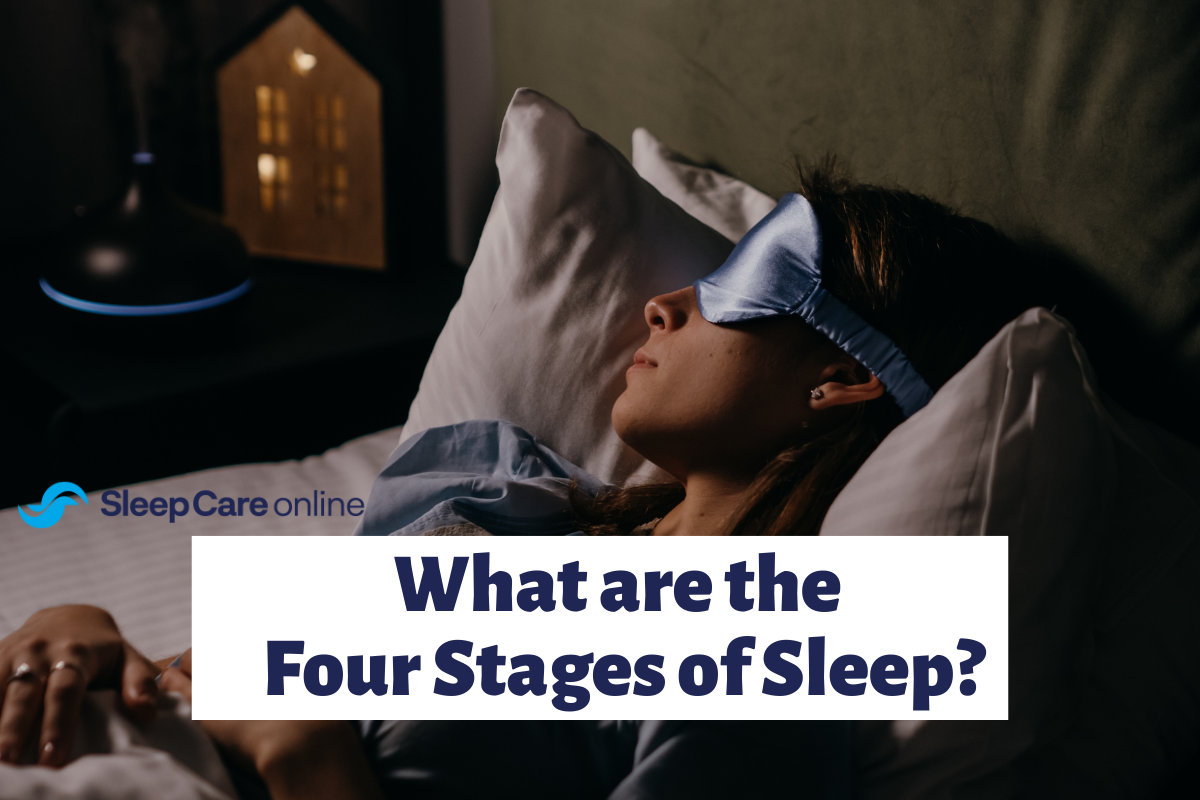Key Takeaways:
- Excess weight can cause fat to build up in the neck and around the upper airway, which can block the airway during sleep, causing difficulty breathing during the night.
- Excess weight creates fat deposits in a person’s neck called pharyngeal fat, and it can block a person’s upper airway during sleep when the airway is already relaxed.
- While obesity and sleep apnea have a strong connection, CPAP therapy can improve both of these disorders’ symptoms.
The link between OSA, lack of sleep, and obesity hinges on the two hormones leptin and ghrelin, which regulate hunger and appetite. As obstructive sleep apnea reduces the quality of sleep, these hormones are thrown off balance, and the cravings for food increase.

Obesity and Its Impact on Health
Obesity is abnormal and excessive weight accumulation. Obesity is determined using two measurements: body-mass index (BMI) and waist circumference. BMI uses a ratio of height to weight to determine obesity within a range.
|
Low-risk obesity BMI |
Moderate-risk obesity BMI | High-risk obesity BMI |
| 30.0 to 34.9 | 35.0 to 39.9 |
equal to or greater than 40.0 |
For waist circumference, waist size that is greater than 35 inches for women or greater than 40 inches for men is considered obese.
A diagnosis of obesity by your doctor should be taken seriously. Obesity can cause health complications including:
- Heart disease and hypertension
- Diabetes
- Cancer
- Strike
- Fatty liver disease
- Osteoarthritis
More than just affecting health, obesity can affect personal well-being. High-risk obese people tend to have difficulty breathing due to the excess weight they carry. Sleep quality is also reduced due to the increased risk of sleep apnea from fatty tissue buildup around the throat.
What Are the Health Risks of Sleep Apnea and Excess Weight?
Sleep Apnea and Cardiovascular Health
Long-term sleep apnea in conjunction with obesity can lead to increased risk of cardiovascular health complications. Sleep apnea has been linked to a greater likelihood of people with obesity developing high blood pressure and coronary heart disease.
Obesity Hypoventilation Syndrome and Sleep Apnea
Obesity can slow breathing which can lead to a deficiency of oxygen in the blood and a condition known as obesity hypoventilation syndrome. This condition can be aggravated by sleep apnea, which further reduces blood oxygen levels.
Why Lack of Sleep Can Lead to Obesity?
Ghrelin is the hormone that stimulates appetite. Leptin is the hormone that reduces appetite after we’ve eaten. With poor sleep, ghrelin levels rise, and leptin levels drop, creating a hormonal desire for food which, if not curbed, causes weight gain.
How Can Sleep Apnea Cause Obesity?
Understanding the role that hormones play in weight gain is essential to understanding the impact poor sleep has on obesity. When lack of sleep causes those critical hormones leptin and ghrelin to change, the ability to control hunger becomes more difficult, and the risk for unhealthy weight gain increases.
What is the Link between Stress and Belly Fat?
Other factors such as stress can also contribute to weight gain. Long periods of stress can stimulate an increase in belly fat. Biochemical changes due to stress may increase estrogen and suppress progesterone, which enhances abdominal fat in both men and women.¹
Progesterone helps to stimulate the upper airway and tongue, especially during periods of deep sleep. More stress and less progesterone can increase the frequency of sleep apnea, causing a vicious cycle of stress, lack of sleep, overeating, and obesity.
Can Poor Circulation Cause Belly Fat?
Poor sleep may also cause poor circulation, which leads to increases in belly fat. Obstructive sleep apnea and other sleep disorders reduce blood oxygen levels which impacts healthy circulation. Long periods of low oxygen levels in the intestines may cause changes that lead to fat accumulation.
Are Men and Women Equally Prone to Obesity Due to Lack of Sleep?
Lack of sleep and obesity can affect both men and women. Yet women in their late 30s and 40s are at a slightly higher risk. Diminished progesterone for women in this age group further contributes to the risk of obesity due to the onset of menopause. Changes in breathing patterns may cause women during this time of life to sleep poorly, which can further throw off their hormonal balance and lead to overeating during the day.
Managing Sleep Apnea and Obesity Together
Both sleep apnea and obesity have similar solutions when it comes to lifestyle changes.
Diet and exercise help reduce weight which in turn help reduce sleep apnea symptoms. Individuals can focus on different weight management plans combining diet and exercise to achieve lower weight goals. Sleep apnea symptoms can improve with weight loss.
Treating sleep apnea as a medical disorder can also help improve sleep health while managing weight. Whether your doctor prescribes CPAP therapy, oral appliances, or surgery, you should pursue medical solutions.
Prevention Strategies

To prevent sleep apnea from becoming a problem, you can focus on maintaining a healthy weight and following a good practice of sleep hygiene.
- Follow a routine of diet and exercise to maintain body weight and improve sleep.
- Maintain a consistent sleep schedule.
- Avoid smoking and alcohol which can be disruptive to sleep.
- Practice meditation and stress-relief exercises to achieve a calm, restful state before bedtime.
- Be sure to go in for regular medical checkups.
- If you feel you might have sleep apnea mention the symptoms to your doctor so you can get tested and treated if necessary.
Losing Weight with Better Sleep
The role of healthy sleep is essential for maintaining a healthy weight. But a sleep disorder like sleep apnea may make that goal difficult or nearly impossible to achieve. That’s why it is important to know if sleep apnea is affecting your sleep by getting tested.
A home sleep test diagnosis is easy at Sleep Care Online. Here is how it works:
- With the Complete Care Package, schedule a 10-minute telehealth visit with a healthcare provider to discuss your symptoms, upcoming sleep study, test results, and treatment options.
- A multi-night, disposable home sleep apnea test is mailed to your home to be completed at your convenience.
- A physician analyzes the sleep data and provides a prescription if needed.
- Schedule an optional follow-up appointment (additional fee applies).
- We connect you to sleep experts who can offer customized sleep therapy options, assistance in equipment purchase, and initial set-up.
Home sleep apnea tests and telehealth services are now available nationwide. Call 866-465-4478 or email contact@sleepcareonline.com for more information.
References
- Doctor Steven Park. Why Sleep Loss Can Make You Gain Belly Fat. Published 5 Feb 2020. Accessed Oct 2020.




